lebanon's favourite spice?
Although sumac once a common culinary spice in the UK, it has been a constant companion in cooking in the eastern Mediterranean and Iran. In Lebanon it is one of the key ingredients in za’atar giving the mixture of origanum syriacum, thyme and sesame seeds a refreshing lemony kick. Scattered over fattoush, fried eggs or tomatoes it brings out the flavour in so many things. Many in Lebanon harvest the berries to dry and crush for their own larder.
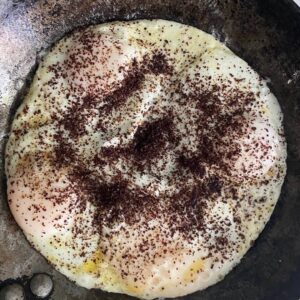
goodness
The berries grow in tight clusters on shrubs in Lebanon and turn red towards the end of September. For more about the process of preserving this spice, read our sumac shorkk story. Full of antioxidants, it has been the subject of research by Oxford Brookes University in their research to discover its health benefits. We use it as a substitute for lemon, for those with citrus allergies it is ideal. Scattering a generous helping onto fried potatoes is a tasty alternative to salt.
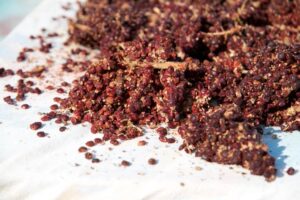
use
Sumac is scattered over salads like fattoush in Lebanon, and we’ve experimented with it using instead of lemon for many dishes. Ideal sprinkled on crispy fried whitebait or folded into yoghurt for a delicious topping on a citrusy root salad. We’ve also made sumac biscuits and blueberry compote to show how versatile this wonderful spice can be with sweet dishes. We’d love to hear how your use sumac in your cooking!
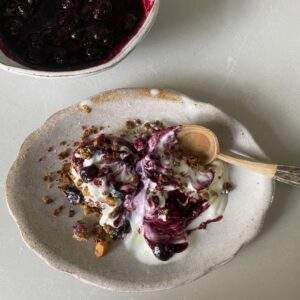
storage
Keep in a cool, dark place to preserve its sharp citrusy properties.
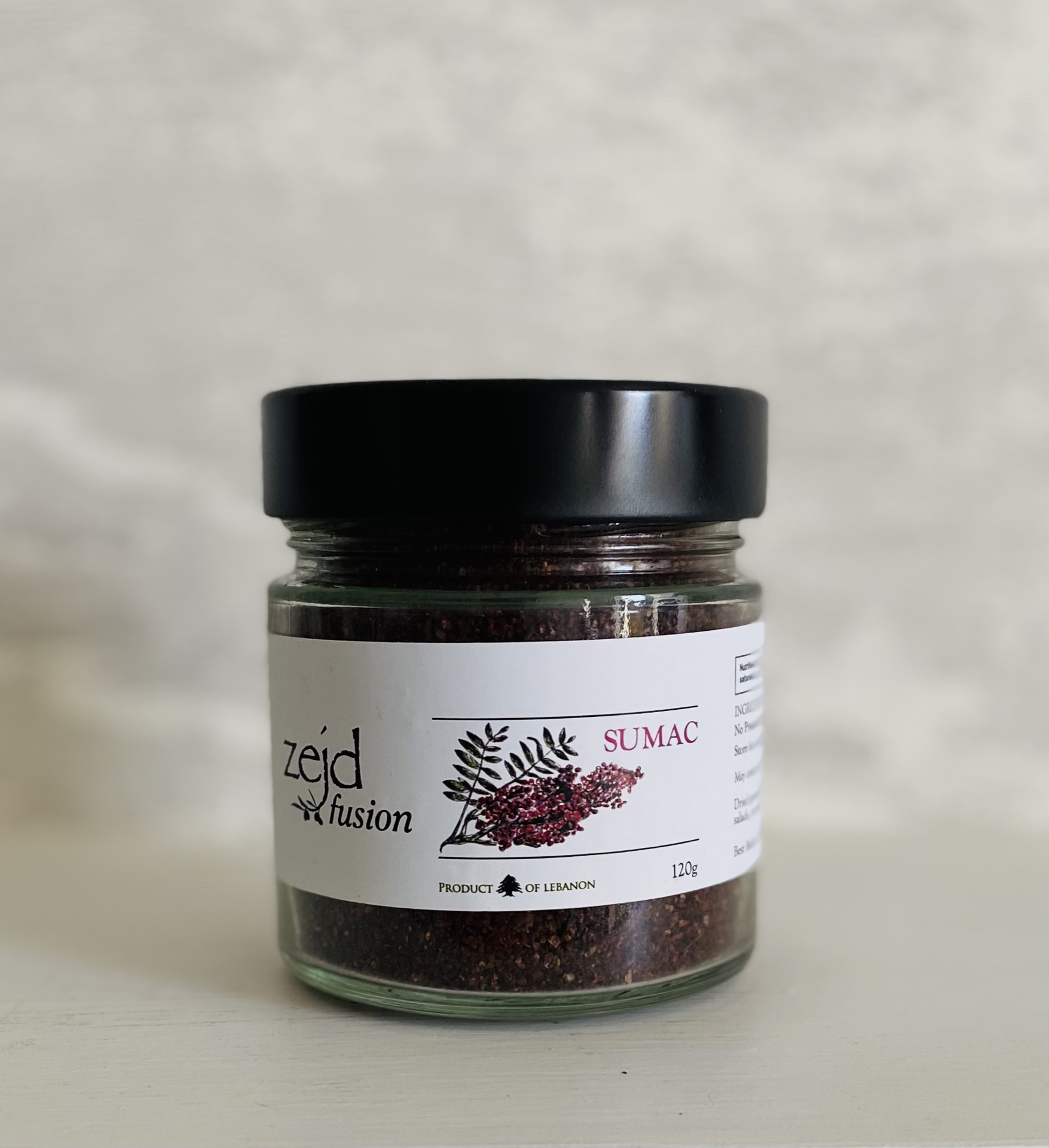
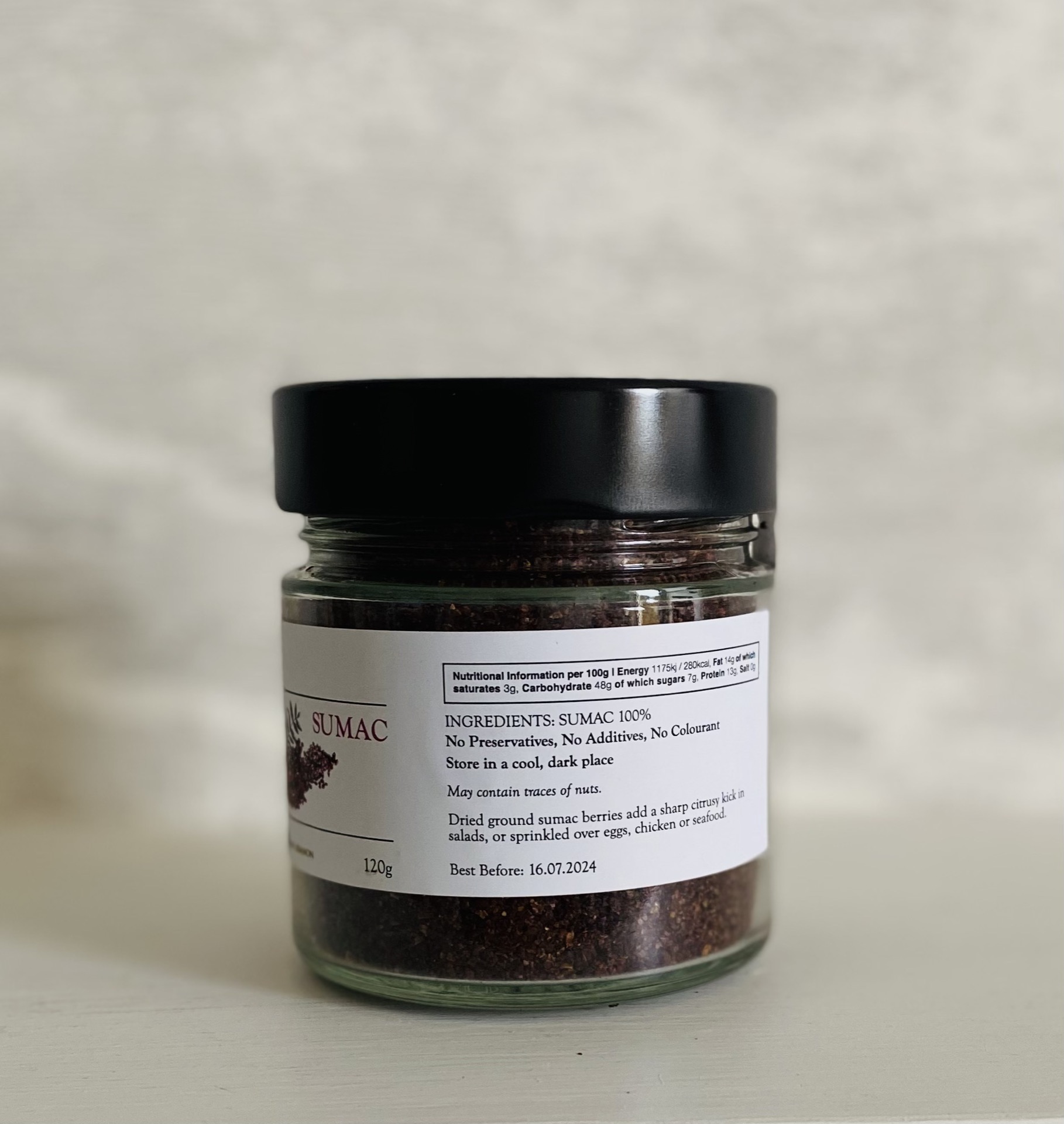
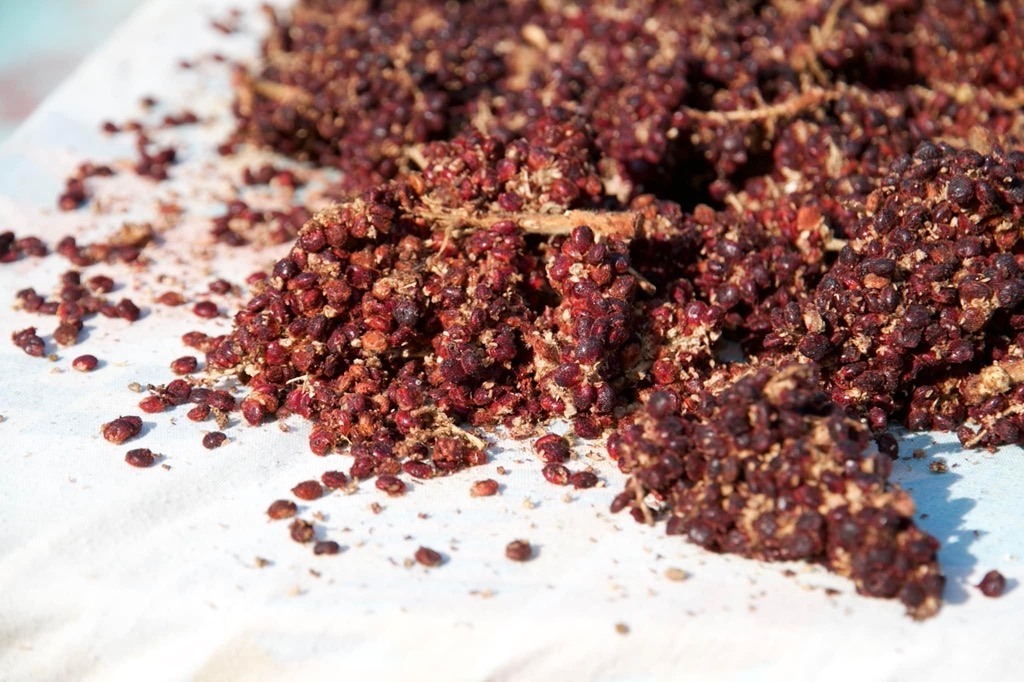
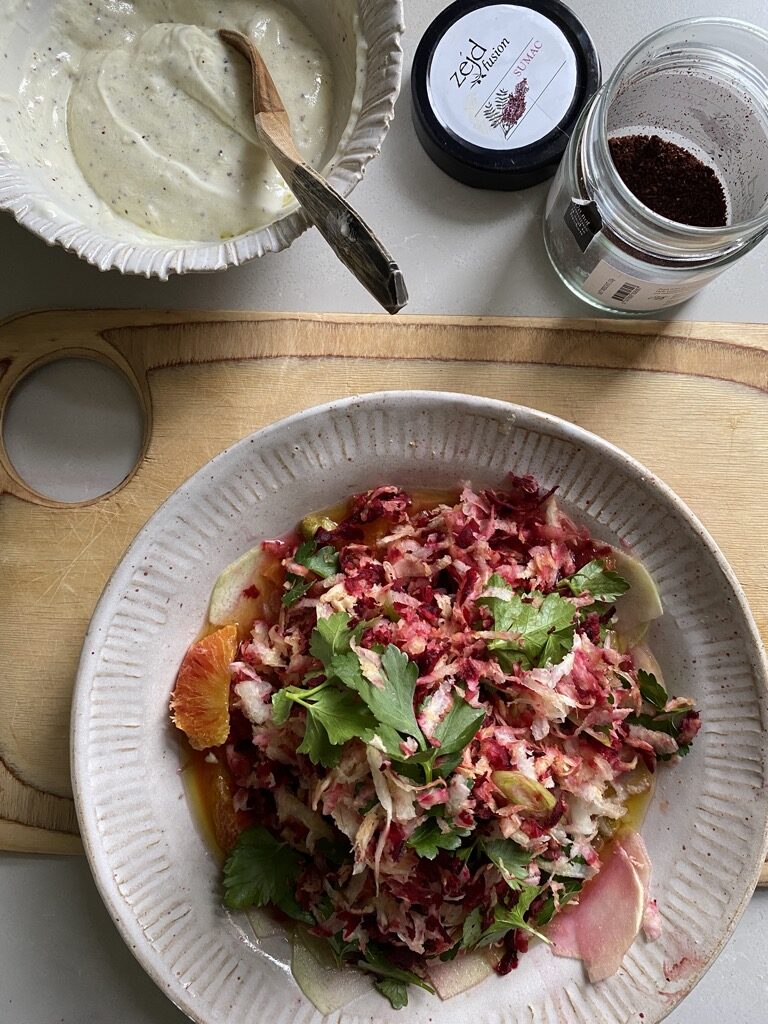


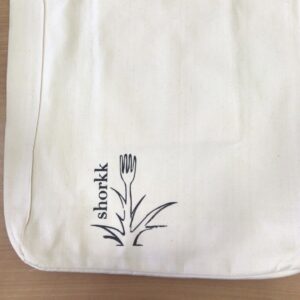

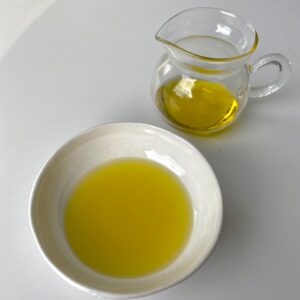
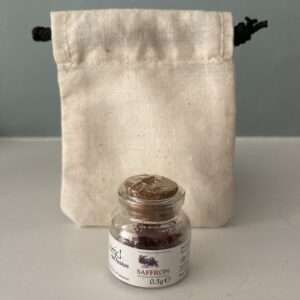
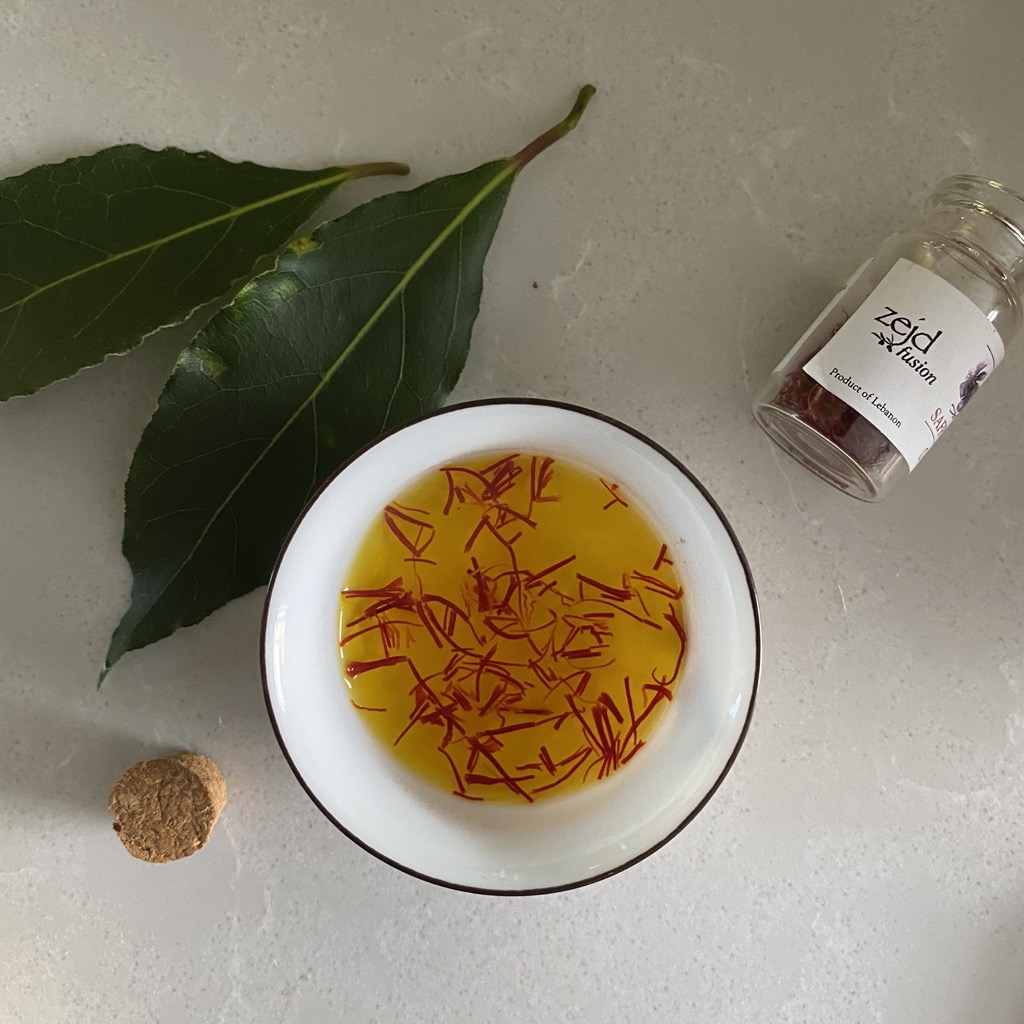
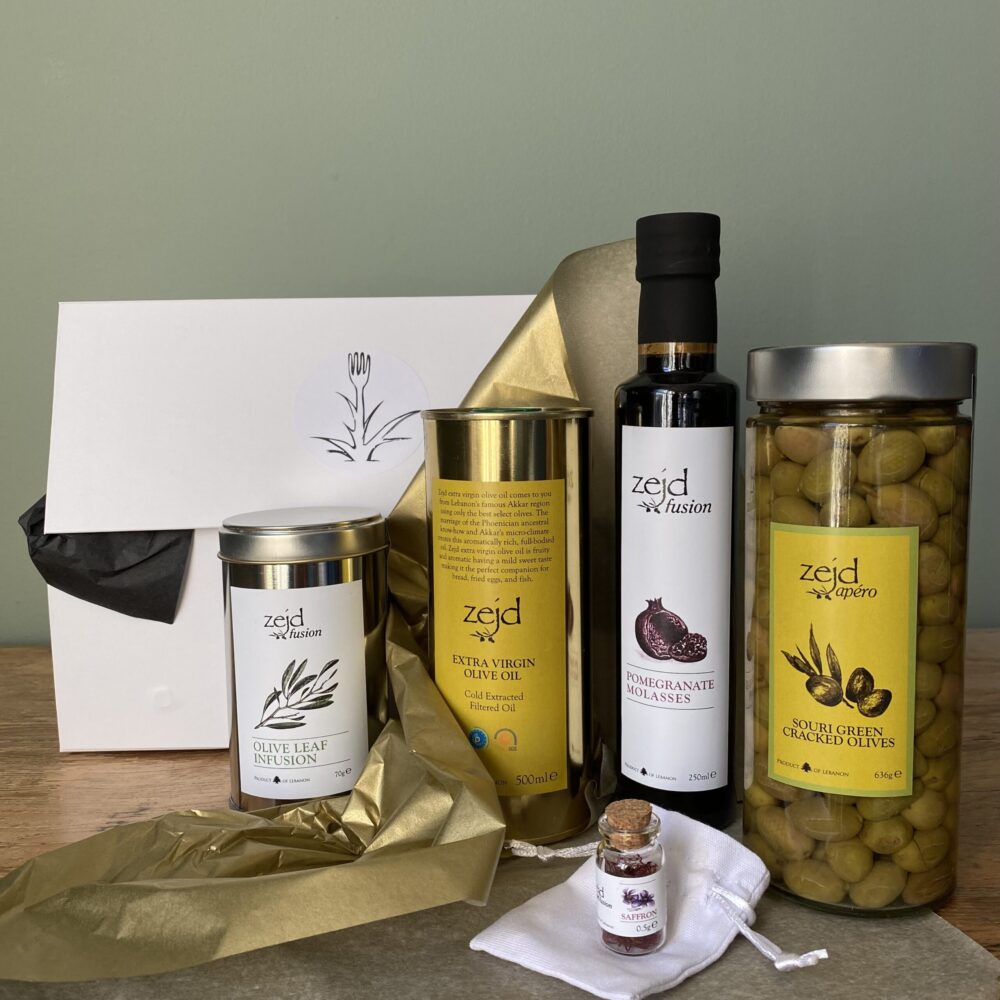
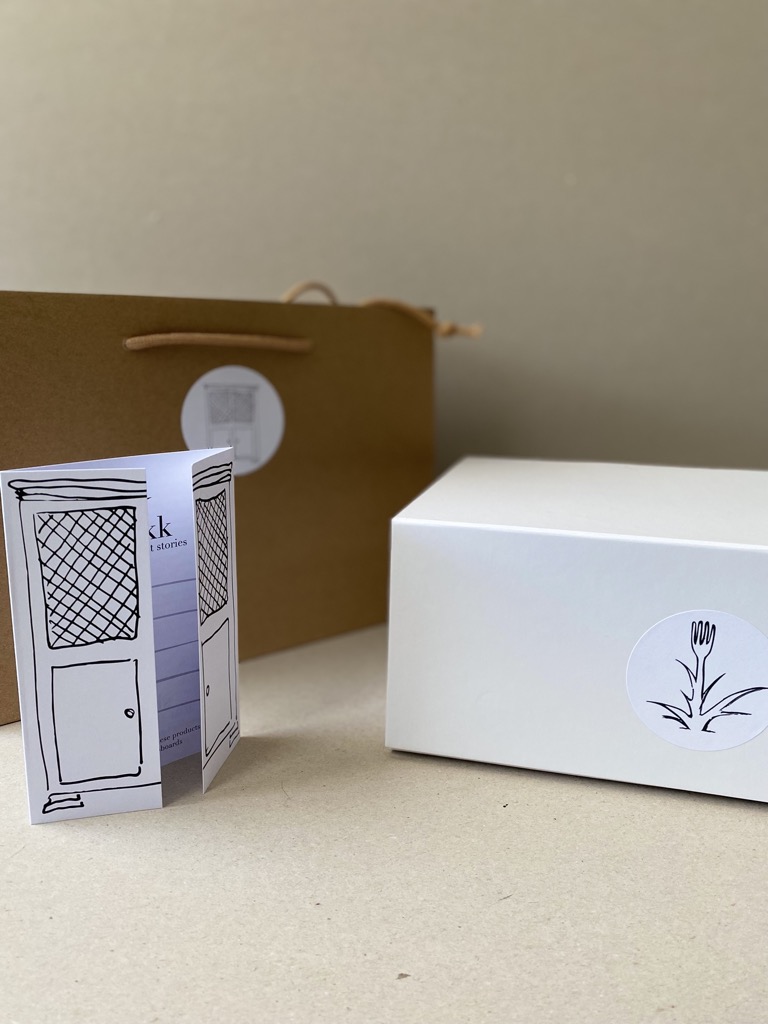
Reviews
There are no reviews yet.